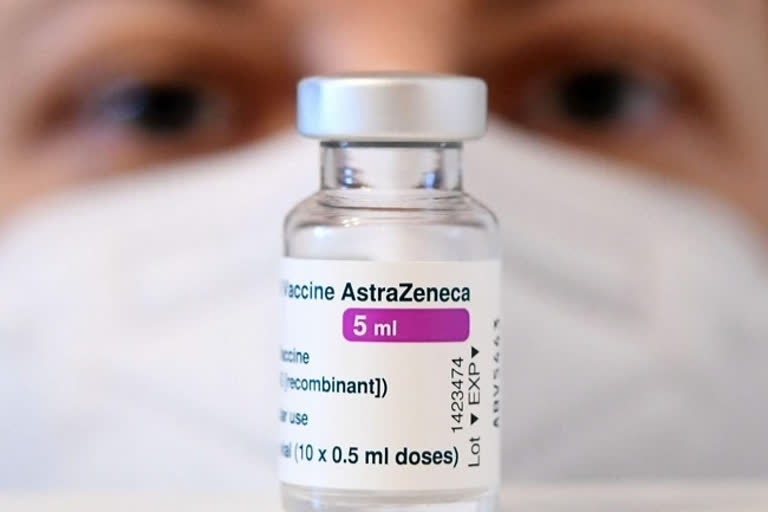New Delhi: As advanced countries such as Britain, Australia and Greece have decided not to use some Covid-19 vaccines right now for the younger age groups over the blood clot controversy, the WHO is of the view that these surplus AstraZeneca stocks should be diverted to poor countries. This would help the less developed countries where the inoculation drive against the deadly Covid-19 pandemic is lagging far behind.
The World Health Organization (WHO) said there is an acute shortage of vaccines and most countries did not have any doses to cover frontline workers such as healthcare staff and police personnel at high risk from exposure to coronavirus. These frontline workers are essential to fight the Covid-19 pandemic, which has claimed more than 3 million lives worldwide.
Read:Bihar to bank on geotagging, drone surveillance to curb liquor smuggling
WHO Director-General Tedros Adhanom Ghebreyesus said high income countries had on average vaccinated one in four people while in low income countries it was one in more than 500.
"There remains a shocking imbalance in the distribution of vaccines," he said at a press briefing on Friday.
According to a report, the WHO and GAVI vaccine alliance's COVAX mechanism aims to ensure vaccines reach poorer nations. Asked whether COVAX was negotiating for doses of the AstraZeneca vaccine that had been shunned, GAVI alliance head Seth Berkley said the Anglo-Swedish company's supply chain had "picked up". The AstraZeneca shot is by far the cheapest and most widely used vaccine launched so far to curb the pandemic.
Read:'Can never forget five-hour struggle in getting a hospital bed'
Under-30s in the UK are to be offered an alternative Covid vaccine to the AstraZeneca jab as blood clots have been seen in rare cases amongst those who got the jabs and these are being investigated, according to a BBC report.
Australia and Greece followed in Britain's footsteps to recommend alternatives to the AstraZeneca vaccine for younger people and Hong Kong has deferred orders placed for the shots. The city said it had enough alternatives and did not want to waste these shots while global supplies were running short.
